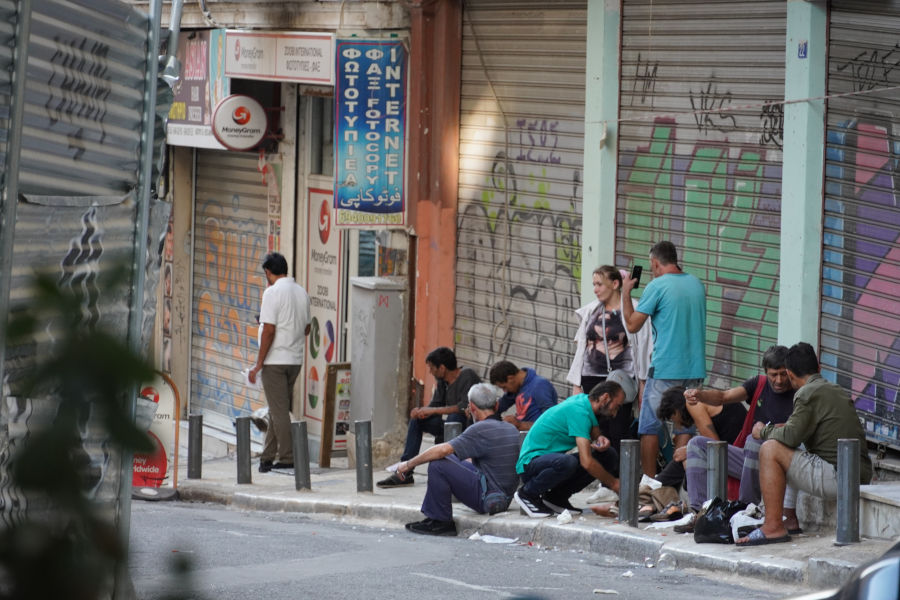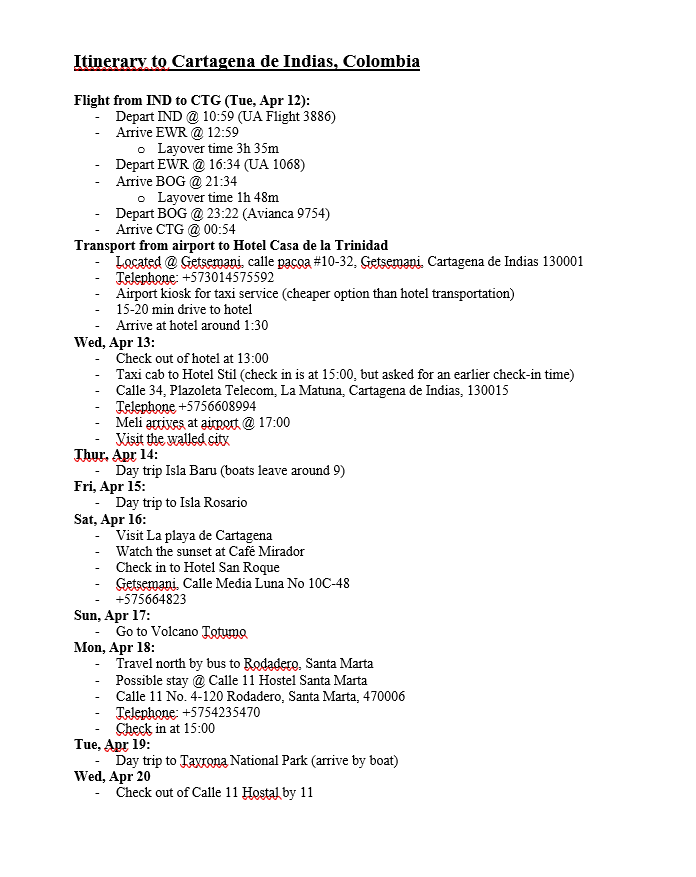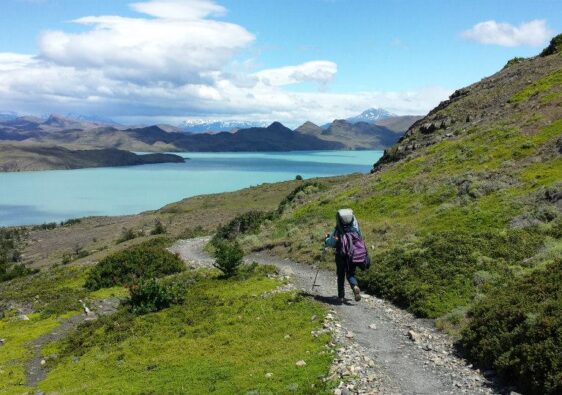“Traveling is the only thing you can buy that makes you richer.”
NOGALL
There’s something alluring and magical about traveling to a foreign country for the first time. The opportunity to explore a new culture, savor international delicacies, and set your sights on parts of the world you once only dreamed of seeing before; it’s a universal dream. And while experiencing life abroad for the first time truly is an exciting and enriching experience, it also requires some careful planning and preparation to turn that dream into reality.
At the sweet age of five, I crossed my first international borders. Mexico was our family’s chosen destination, and in those carefree years of infancy, I was blissfully oblivious to the meticulous document preparations behind such an adventure. Such concerns were the exclusive domain of my dedicated parents. It wasn’t until my university days that I truly began to grasp the essential complexities involved in international travel.
After that life-changing adventure, I’ve had the privilege of visiting more than 20 diverse countries. Over the years, I’ve acquired valuable insights into the intricacies of making this dream come true. In the earlier days of my travels, Google wasn’t as readily accessible, and it never occurred to me to seek out a comprehensive checklist for first-time international explorers. Much of my knowledge was gained through trial and error, which is why I’ve taken it upon myself to create a comprehensive essentials list. My goal is to ensure that your inaugural journey abroad is as smooth and stress-free as possible.
Now, let’s dive into this essential checklist to make your first international adventure a breeze.

10 Essential Things to Know Before Embarking on Your First International Adventure:
1. Get your passport and check for visa requirements
Traveling abroad for the first time means that you’re finally going to have to invest the time and money into getting a passport. The process itself is pretty straightforward.
- Go here to find all the documents you need for your application
- You must apply in-person, so find your closest embassy and schedule your appointment.
If for some reason you already have a passport, but never used it until now, ensure that it is valid for at least six months beyond your planned return date. Some countries (like those within the Schengen zone) allow for travel with only 3 months, but many (like Turkey) require that 6 month mark.
Check the visa requirements for your destination and apply well in advance if necessary.
2. Health precautions
Prior to your trip, be sure to investigate whether your destination requires or advises specific vaccinations or health precautions, such as malaria prophylaxis. Don’t forget to pack any essential medications and prescriptions accordingly.
3. Consider purchasing travel insurance
Consider your travel duration, destination, and other factors to determine whether travel insurance is a prudent choice. Opting for a policy that includes coverage for medical emergencies, trip cancellations, and lost belongings can offer reassurance in unforeseen circumstances. (I personally have only ever purchased travel insurance on 3 occasions and all 3 occasions were for travel related to work or study.)

4. Figure out the money situation
Take some time to acquaint yourself with the local currency, current exchange rates, and typical costs in your chosen destination. Plan a budget to avoid overspending. (For more on budgeting read Budgeting Hacks for the New (and Experienced) Traveler, plus more on money for travel read 5 Effective Ways to Make Extra Money… For Travel)
It’s also smart to carry a small amount of cash on hand for unexpected needs. (But keep it small! You don’t want to be carrying around a wad of cash in a place like Brazil or Chile.)
5. Cultural Norms and Customs
Understanding the cultural norms and customs of your destination is essential to avoid any unintentional disrespect. This includes getting to know aspects like appropriate dress codes, greetings/gestures, and behavior in public spaces.
For example, if you’re female and you plan on traveling to Thailand and visiting the luxuriously ordained palaces or stepping onto the holy grounds in Jerusalem, you’re going to need something to cover your head, shoulders, knees, and sometimes even the ankles.
6. Put a little effort into the language
Acquiring some fundamental phrases in the local language, like greetings, numbers, and common inquiries, not only facilitates your ability to navigate the area but also serves as a sign of courtesy, fostering connections with the local community.

7. Research safety precautions
Get to know and understand the potential risks and hazards that you might encounter in your desired destination. Especially be aware of any specific areas to avoid. Keep copies of important documents (passport, visas) and store them separately from the originals.
When traveling abroad for the first time, it’s important to know that in certain areas of the world, like Chile and Brazil, a phone in hand makes you an instant target.
8. Learn how to get around
Familiarize yourself with local transportation options, such as public transport, taxis, or ride-sharing services. Download offline maps or carry a physical map to navigate areas without internet access. Time to hone in on your memory skills!
9. Learn how to not fry your electronics
Check the electrical voltage and plug type used in your destination. Bring the appropriate adapters and converters for your electronic devices.
I remember my first time traveling abroad, I brought my straightener with me and fried it within the first day of arrival…
10. Pack smart
Pack appropriate clothing for the climate and activities, as well as essentials like medications, toiletries, and a universal travel adapter. (For more tips on backing for longer trips read How to Mindfully Prepare a Long-Term Traveler’s Packing List)
11. Stay connected and communicate
Inform your bank about your travel plans to make sure your cards remain accessible – you don’t want to be stuck in a foreign country without access to funds. You can purchase a local SIM card in many small kiosks or convenient stores in most countries, which can be especially for longer lasting trips.

12. Create a travel itinerary
It can be a rough travel itinerary. Include your accommodation details, transportation options, and important contact information. Then share this information with a trusted friend or family member back home.
If it’s your first time traveling abroad…
Stay open-minded and flexible.
Traveling abroad often involves unexpected changes and experiences. Embrace these moments as part of the adventure.
Remember that thorough preparation can enhance your travel experience and help you navigate potential challenges more easily. And lastly, check for any travel advisories or updates related to your destination before departure, as conditions can always change.



